
They join the 7 people on whom the EU imposed sanctions as of 12 December 2016 in response to the obstruction of the electoral process and related human rights
The Council has adopted restrictive measures against 9 individuals who hold positions of responsibility in the State administration and in the chain of command of the security forces in the Democratic Republic of the Congo (DRC), with immediate effect. They join the 7 people on whom the EU imposed sanctions as of 12 December 2016 in response to the obstruction of the electoral process and related human rights violations.
EU declaration on the situation in the Democratic Republic of the Congo
The European Union remains seriously concerned by the deterioration of the situation in the Democratic Republic of the Congo (DRC).
The crisis in Kasai Province has reached an exceptional level in security and humanitarian terms and as regards human rights. While strongly condemning all acts of violence irrespective of their origin, the EU is concerned about reports of disproportionate use of force by State bodies, especially the security forces, in managing the crisis. It urges the DRC authorities to act in compliance with human rights and fundamental freedoms and to initiate, without delay, credible and transparent investigations, flanked by high-level international expertise to enhance their credibility and independence, to identify those responsible for acts of violence and massacres. It stresses the need for MONUSCO to be able to exercise its mandate in full and for humanitarian access to the areas affected by the crisis to be guaranteed.
The EU also remains concerned by the continuing restrictions on the democratic space and fundamental rights, including restrictions on the media and the prohibition of demonstrations.
On the political front, the EU expresses its concern about the lack of a consensus to take forward the transition. It reiterates that in order to exit the crisis on a sustainable footing, the transition must lead to democratic and transparent elections, held as soon as possible and in compliance with the Constitution and the Political Agreement of 31 December 2016. It is particularly necessary to act in good faith to set up genuinely inclusive transitional institutions and to swiftly implement measures to ease tension, both of which are key to an open and calm electoral environment. A space for unimpeded expression and debate is vital to allow citizens to speak freely as they prepare for the elections.
The electoral process remains the main challenge of the coming months, starting with the defining of an consensual electoral calendar and budget in accordance with the Political Agreement. Compliance with UNSC resolution 2348 and the commitments made under the Political Agreement will enable the European Union to support this process. The setting of a timetable will guide the process and enable support from regional and international partners to be mobilised in good time. The EU encourages and supports the efforts made along these lines by the United Nations, the African Union, the International Organisation for the French-Speaking World and the other international partners.
The critical socio-economic situation, aggravated by poor governance and the misappropriation of national resources, leaves a large proportion of the population, and especially young people, with few future prospects and constitutes a risk of destabilisation. In view of the significant deterioration of the situation, and as indicated in its conclusions of 6 March 2017, the EU took the decision today to impose new restrictive measures against 9 individuals responsible for serious human rights violations.
The European Union will follow closely the political developments and human rights developments over the next few months and, depending on how they turn out, it may consider additional restrictive measures or, conversely, withdraw some of them. In this connection it reiterates its willingness to engage in a political dialogue at the highest level in accordance with Article 8 of the Cotonou Agreement.
***
Today’s decision concerns the former and current ministers for the Interior, the governor of Central Kasaï, the former governor of Haut-Katanga, two senior officers, a militia leader, and the director of the National Intelligence Service, listed for having contributed to acts constituting serious human rights violations in the DRC, by planning, directing or committing them. The Minister for Communications and Media and government spokesman is also listed as responsible for the repressive media policy applied in the DRC, which breaches the right to freedom of expression and information and undermines a consensual and peaceful solution towards the holding of elections.The names of the individuals concerned and the reasons why the Council has listed them appear in the Official Journal of 29 May 2017. The restrictive measures take effect immediately. They include a ban on entering the EU and an asset freeze, as well as a prohibition to make funds or economic resources available to the listed individuals.
Read Full Story
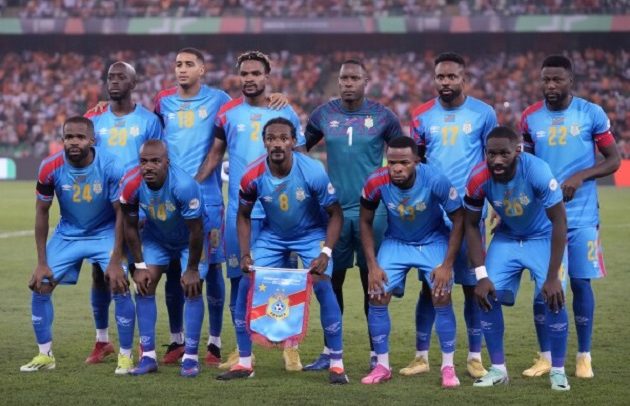
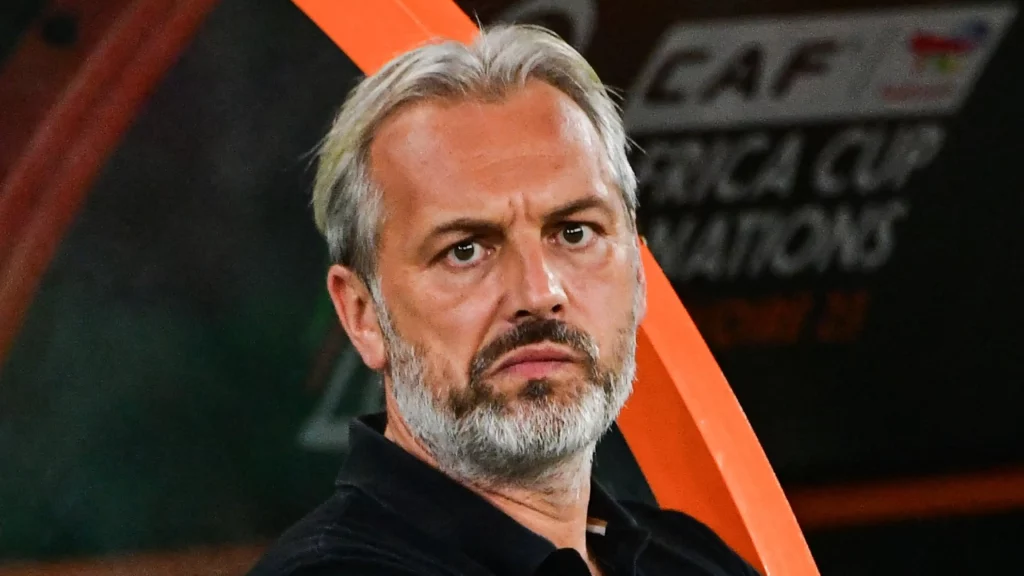





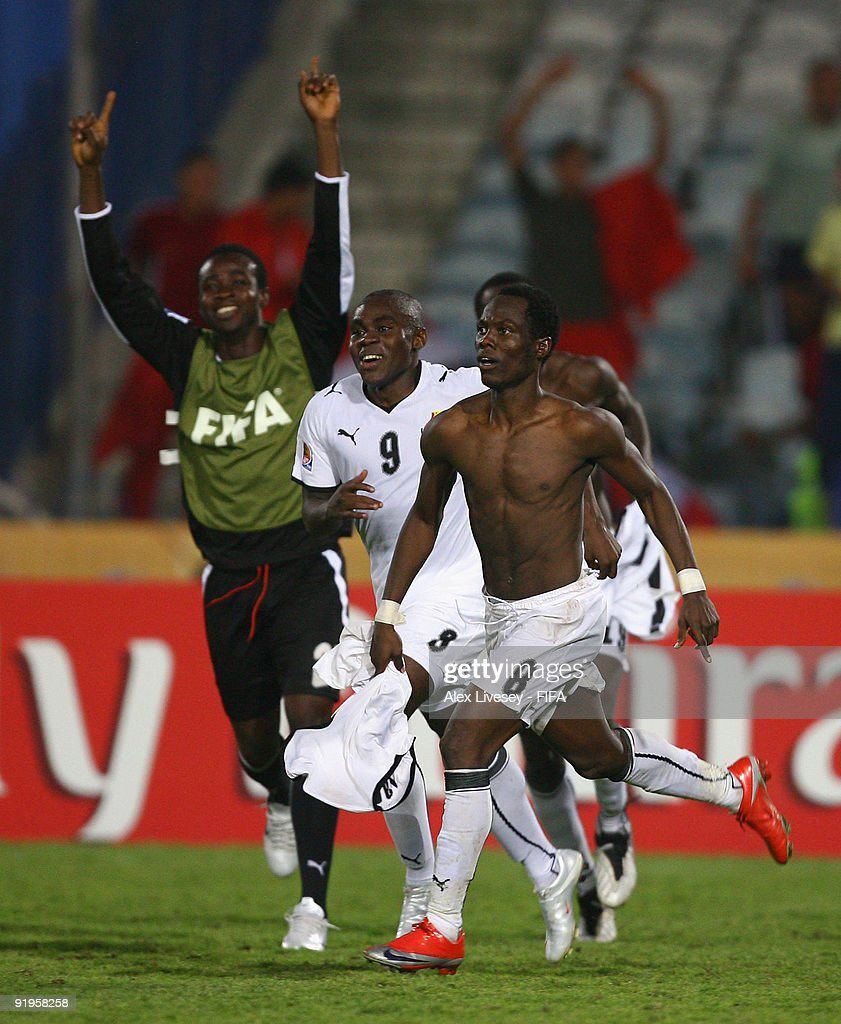

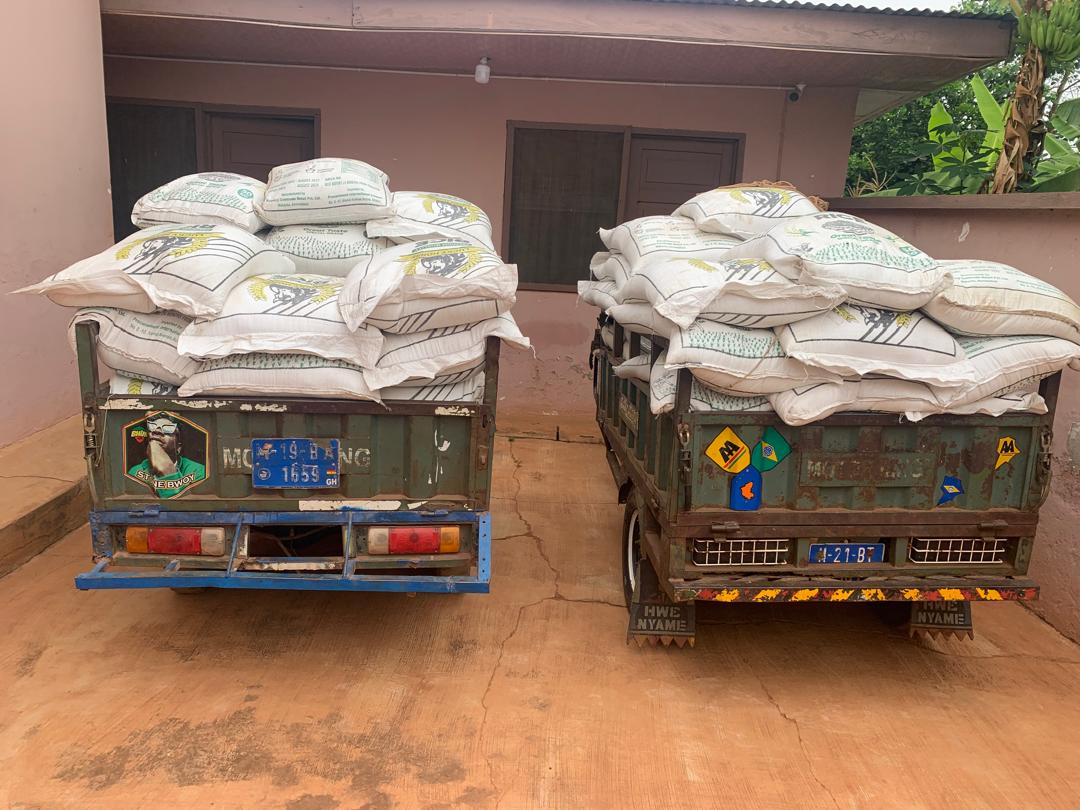
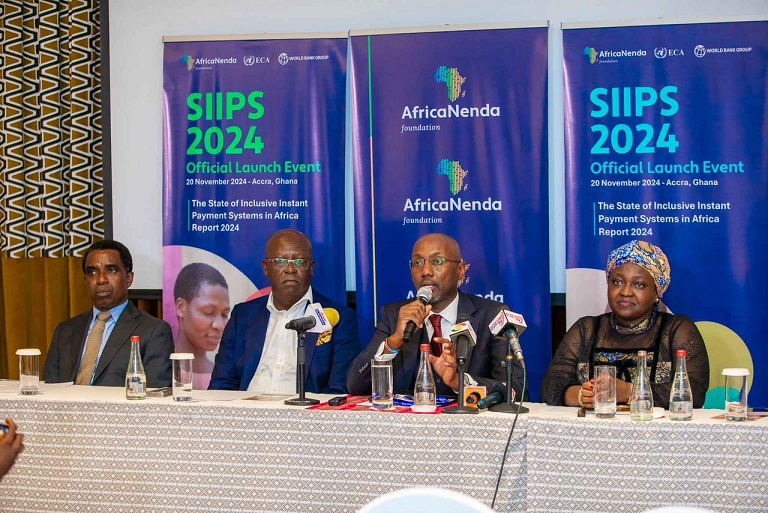

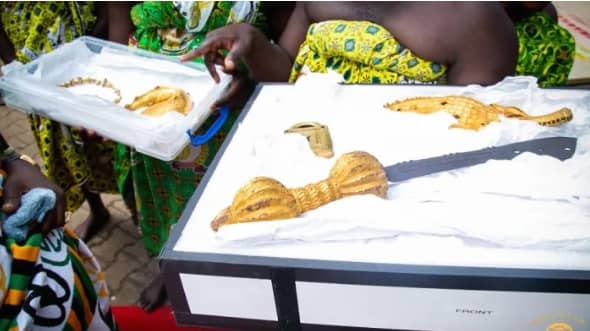
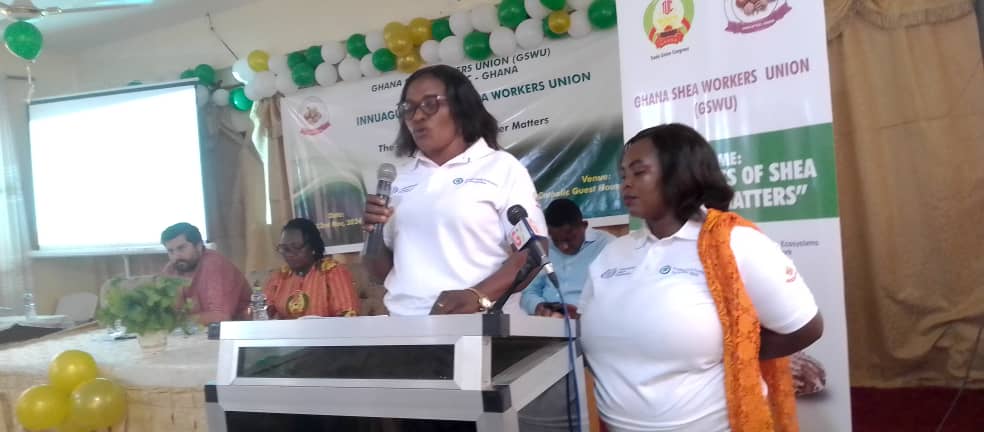
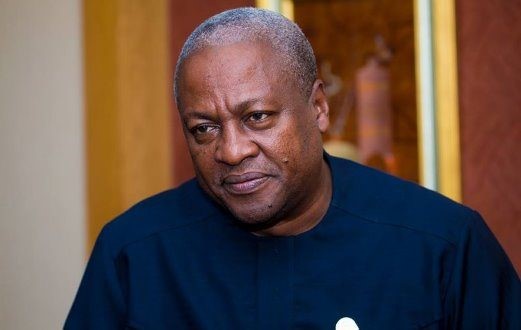
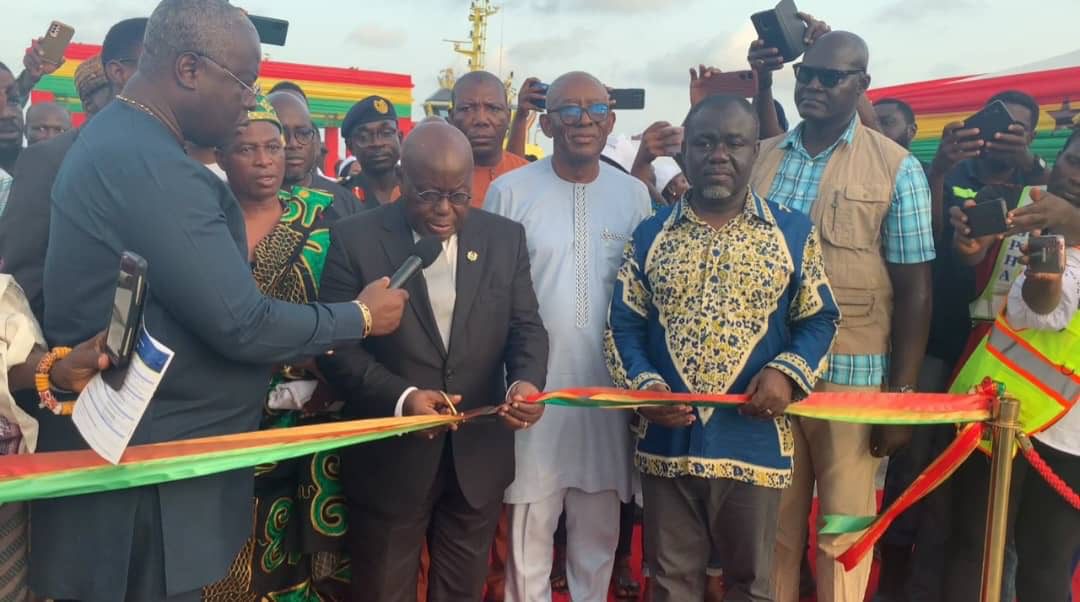
Facebook
Twitter
Pinterest
Instagram
Google+
YouTube
LinkedIn
RSS